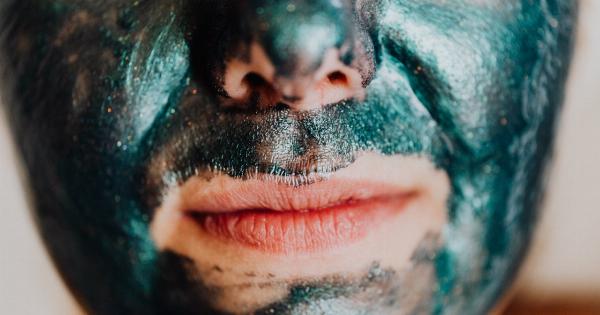Protecting our skin from the harmful effects of the sun is of utmost importance, and sunscreen is a crucial tool in achieving this. However, like any other product, sunscreen comes with an expiration date.
Many of us have come across an old bottle of sunscreen tucked away in a closet or drawer, wondering if it’s still effective and safe to use. In this article, we dive into the topic of expired sunscreen – whether it’s viable, the potential risks, and the benefits of using sunscreen that has passed its expiration date.
1. What Does the Expiration Date on Sunscreen Mean?
The expiration date on a sunscreen bottle indicates the period during which the product is deemed stable and effective, provided it is stored properly.
The date is typically printed on the bottom or back of the bottle and is usually represented by the abbreviation “EXP” followed by a specific date.
2. Can I Still Use Expired Sunscreen?
The use of expired sunscreen is a matter of personal decision, but it’s essential to understand the potential risks involved.
While some individuals may choose to continue using expired sunscreen, it’s important to evaluate the following factors before making a decision:.
3. Decreased Sun Protection
As sunscreen ages, its active ingredients start to break down, resulting in a reduced ability to protect the skin from harmful UV rays.
This means that using expired sunscreen may provide inadequate sun protection, leaving the skin vulnerable to sunburn, premature aging, and even an increased risk of skin cancer.
4. Changes in Consistency and Smell
Over time, expired sunscreen may undergo changes in consistency and smell. It might become thicker, clumpy, or develop an unpleasant odor. These changes indicate that the product has broken down and is no longer effective.
It’s advisable to discard sunscreen displaying such signs, as it may not offer the desired protection.
5. Potential Allergic Reactions
Using expired sunscreen might increase the risk of skin irritation and allergic reactions. As the product deteriorates, its inactive ingredients and preservatives may become less stable, potentially leading to skin sensitivities or allergies.
If you have sensitive skin or a history of allergic reactions, it’s best to avoid using sunscreen beyond its expiration date.
6. Proper Storage and Shelf Life
Proper storage plays a significant role in extending the shelf life of sunscreen. Exposure to high temperatures, direct sunlight, or extreme cold can accelerate the degradation process, rendering the sunscreen less effective.
To ensure the longevity of your sunscreen, store it in a cool, dry place, away from direct sunlight.
7. Benefits of Using Expired Sunscreen
While using expired sunscreen poses risks, there are certain situations where it can still provide some benefits:.
8. Extra Barrier Protection
Even though expired sunscreen may have a reduced sun protection factor (SPF), it can still act as a physical barrier between your skin and the sun’s rays.
If you find yourself without any other sun protection options, using expired sunscreen can offer some level of shielding against UV radiation.
9. Limited Sun Exposure
If you plan to spend a short amount of time outdoors during non-peak sun hours, using expired sunscreen may be less concerning. When exposure to the sun is minimal, the risk of sunburn or long-term damage decreases.
However, it’s crucial to remember that even brief periods of sun exposure can accumulate and contribute to skin damage over time.
10. Education and Awareness
The topic of expired sunscreen serves as a reminder to regularly check the expiration dates on our skincare products. Through this awareness, we can ensure that we are using products that are safe and effective.
Conclusion:
Using expired sunscreen can have potential risks, including decreased sun protection, changes in consistency, and an increased likelihood of allergic reactions.
However, in certain circumstances, expired sunscreen can still provide some benefits, such as acting as a physical barrier and limited sun exposure situations. Nonetheless, it’s important to prioritize sunscreens that are within their expiration dates to maximize their effectiveness and ensure adequate sun protection.



























